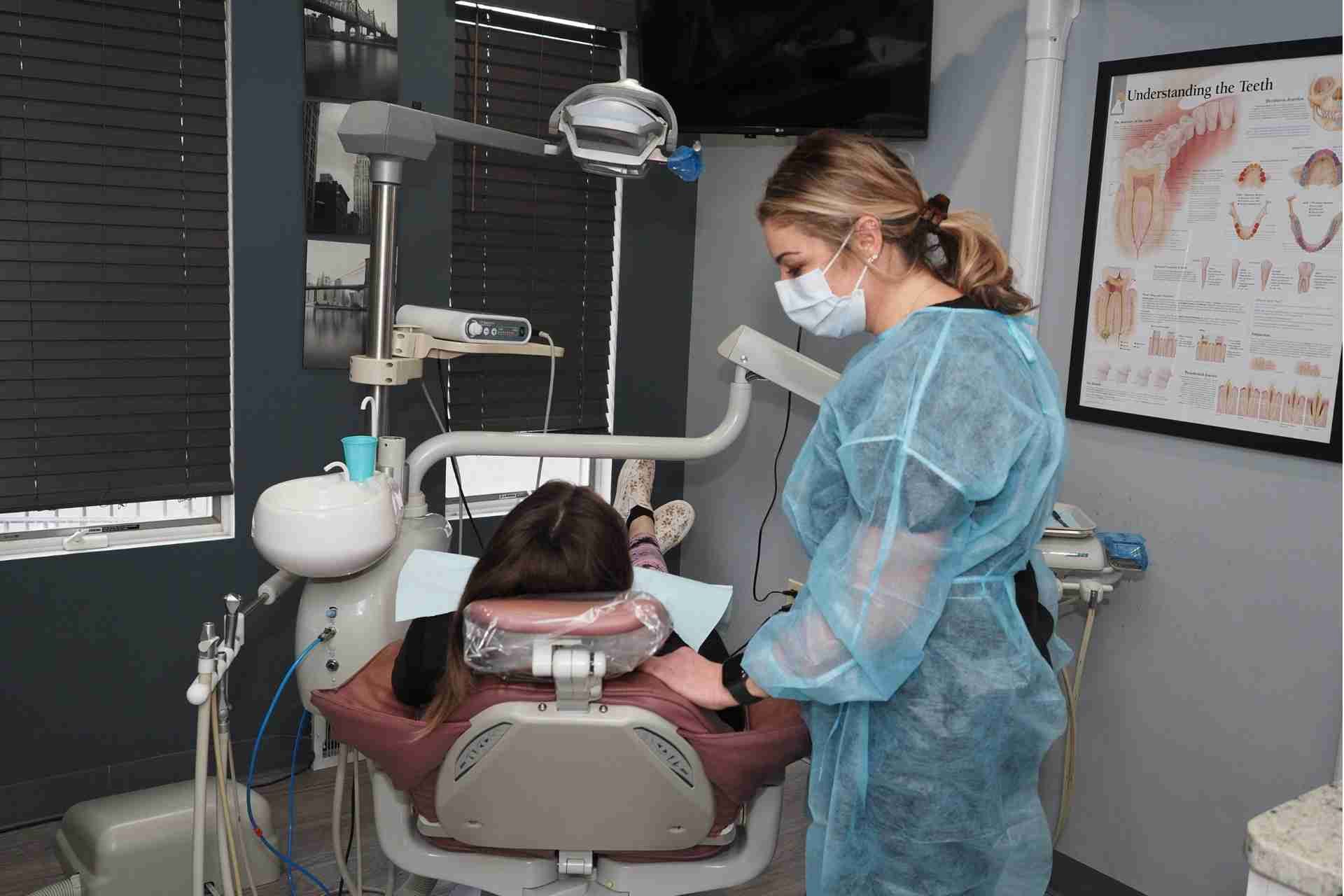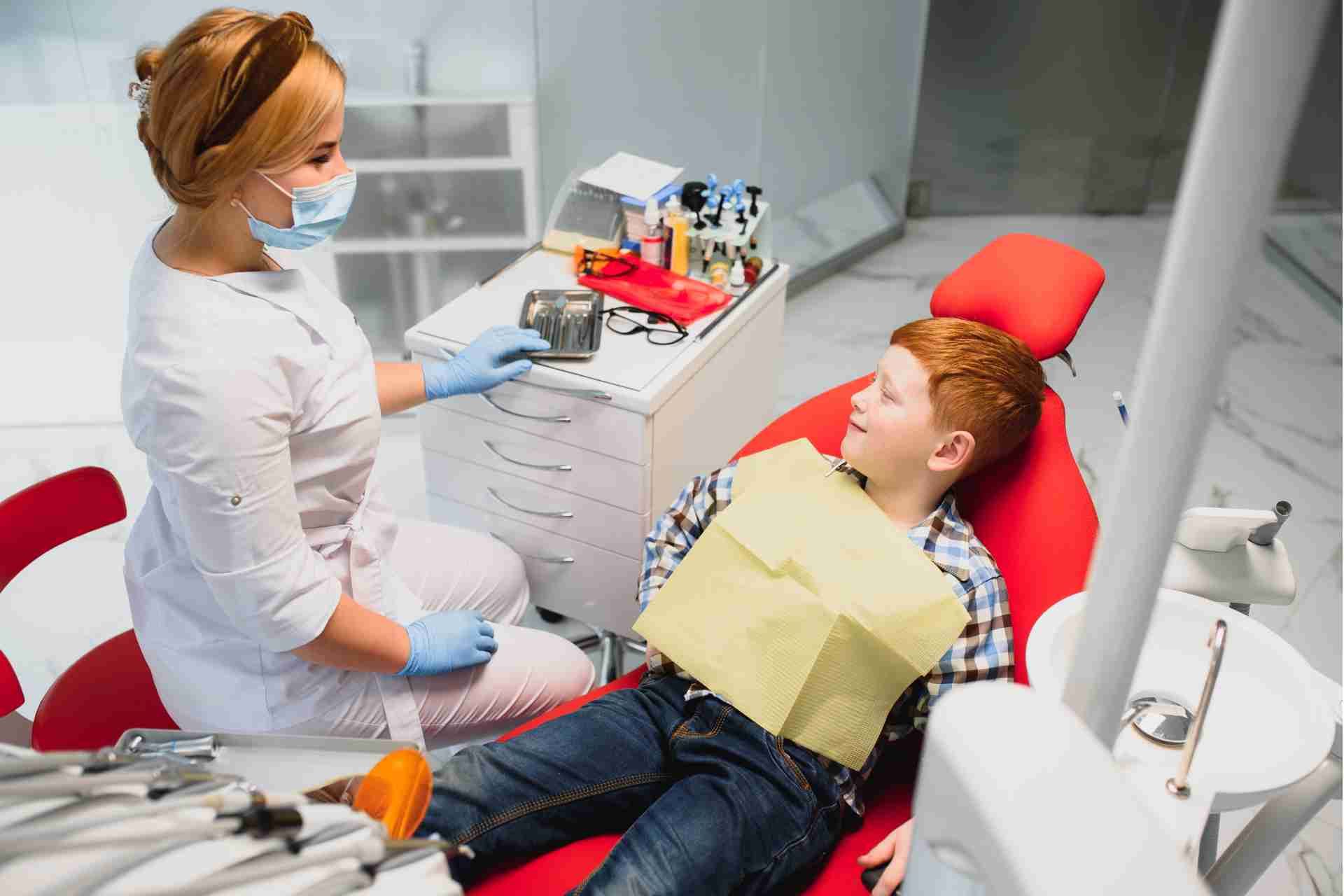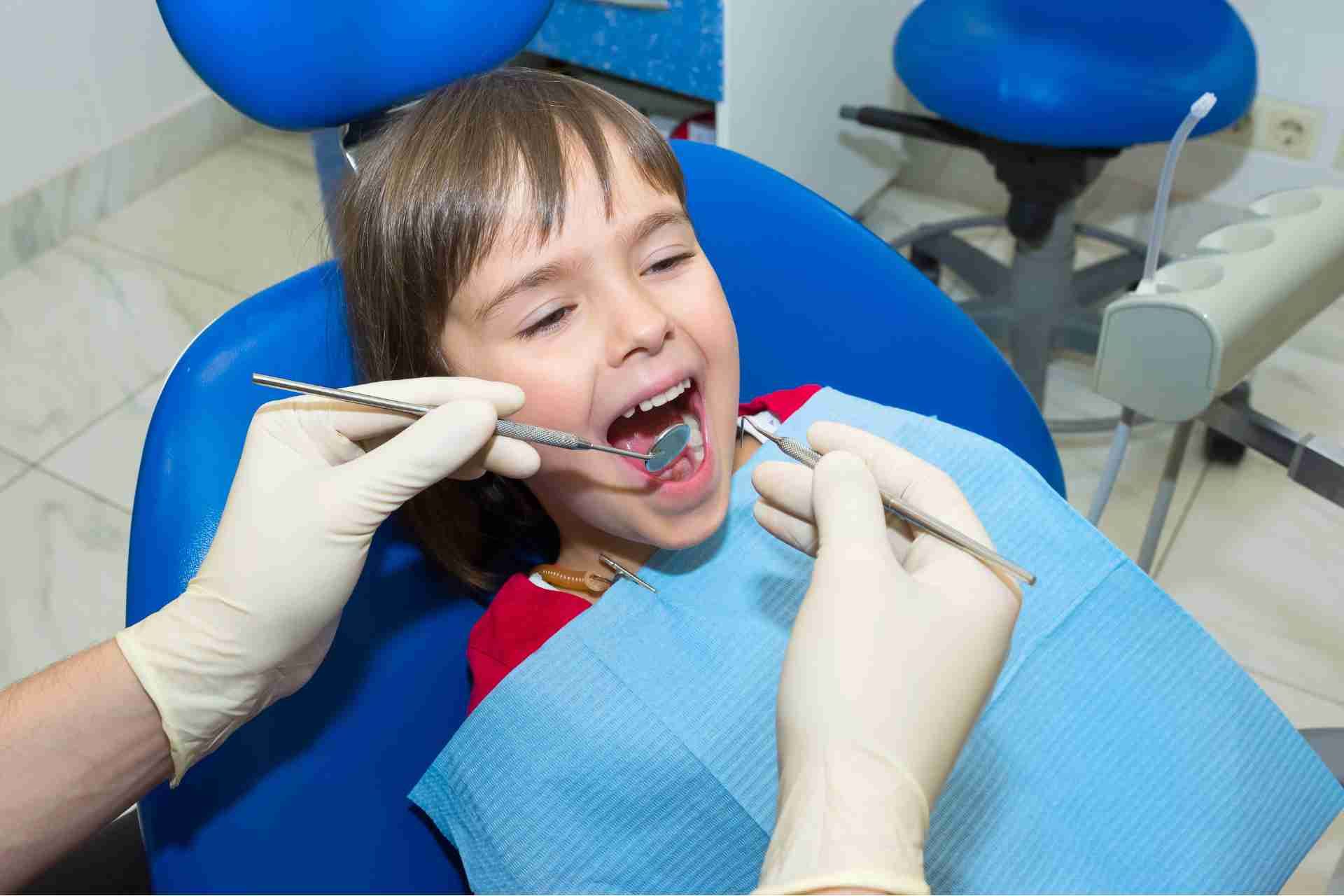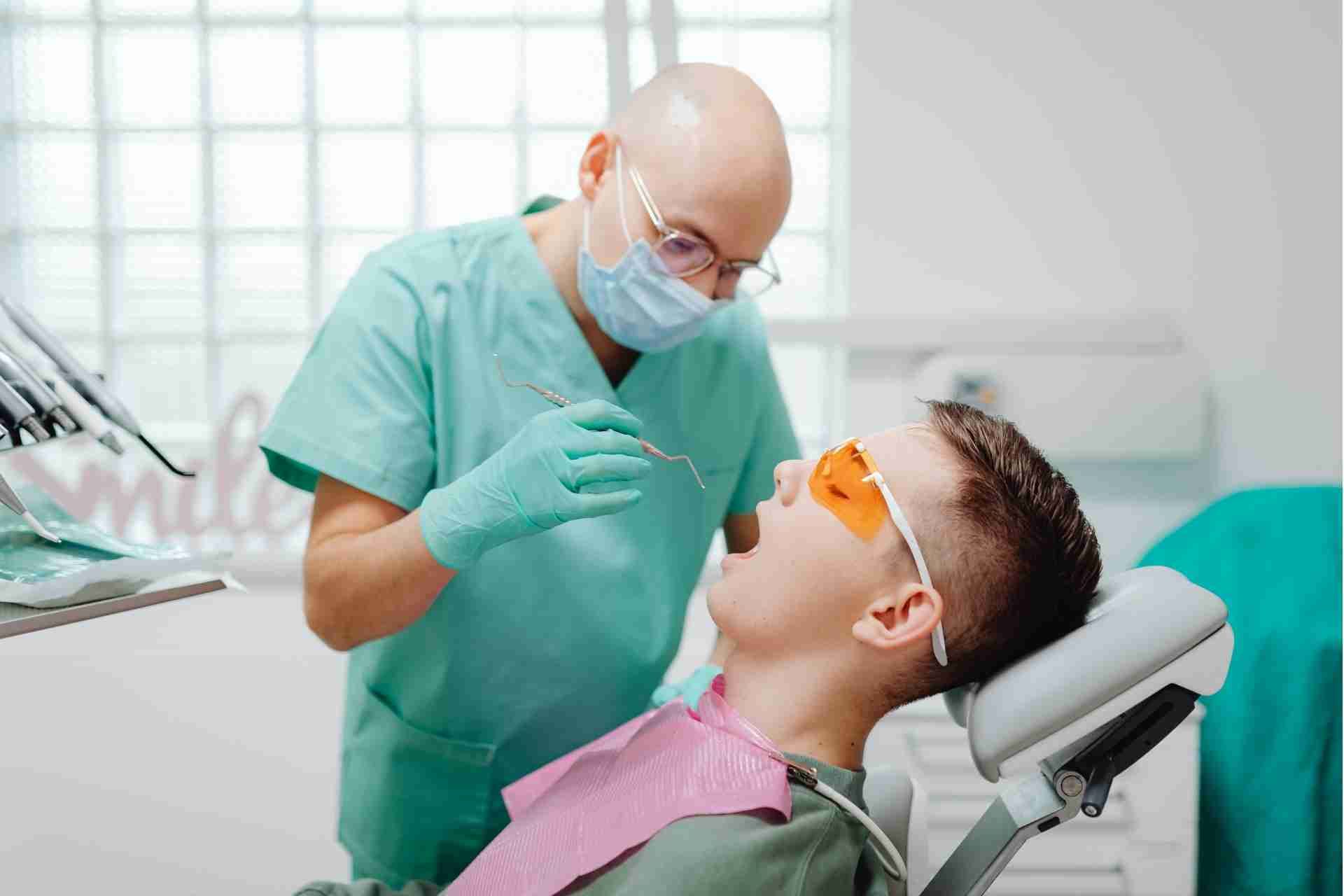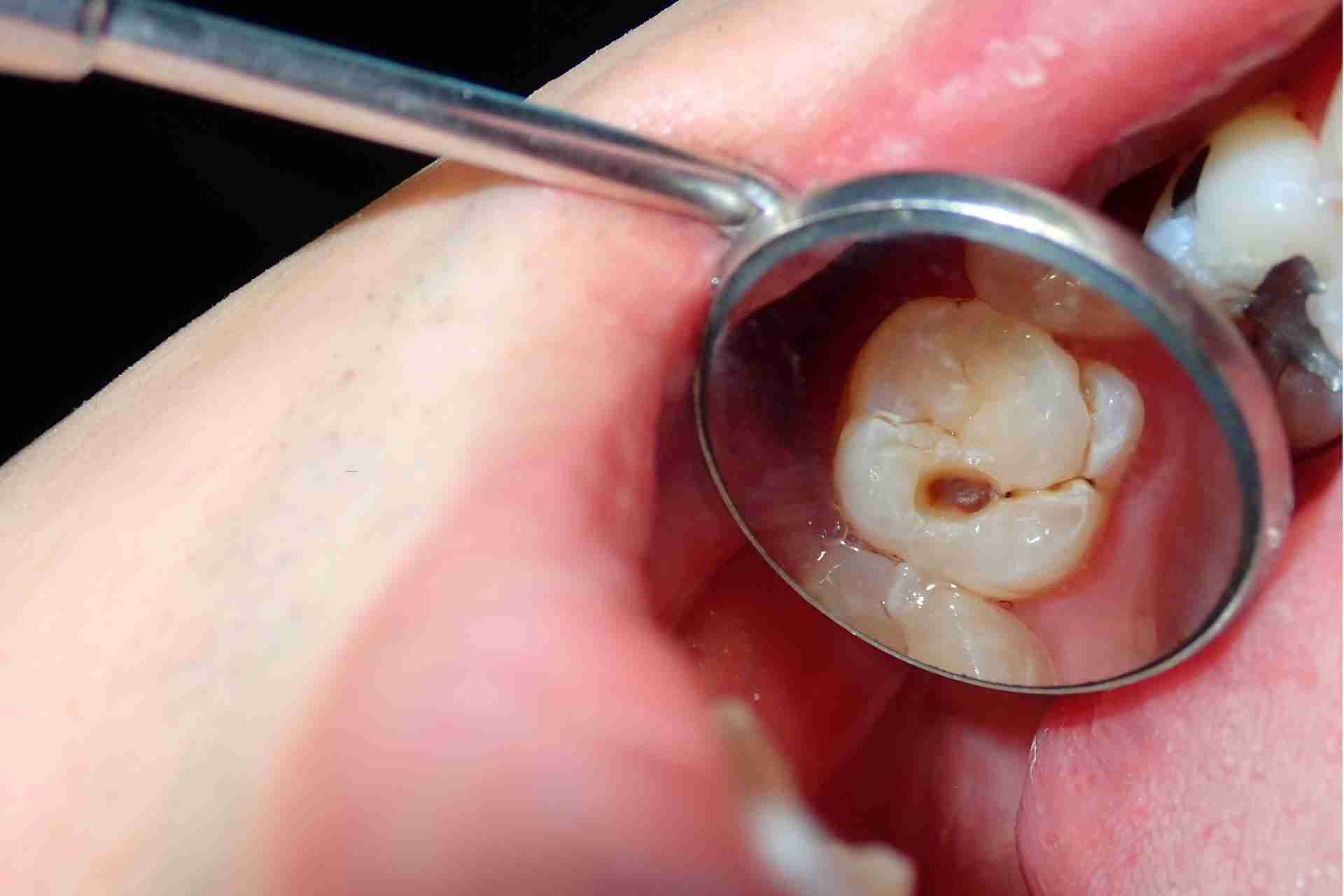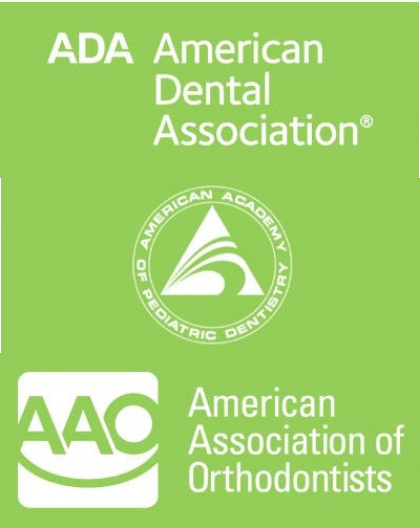Early Orthodontic Treatment: Why Age 7 Is a Key Milestone
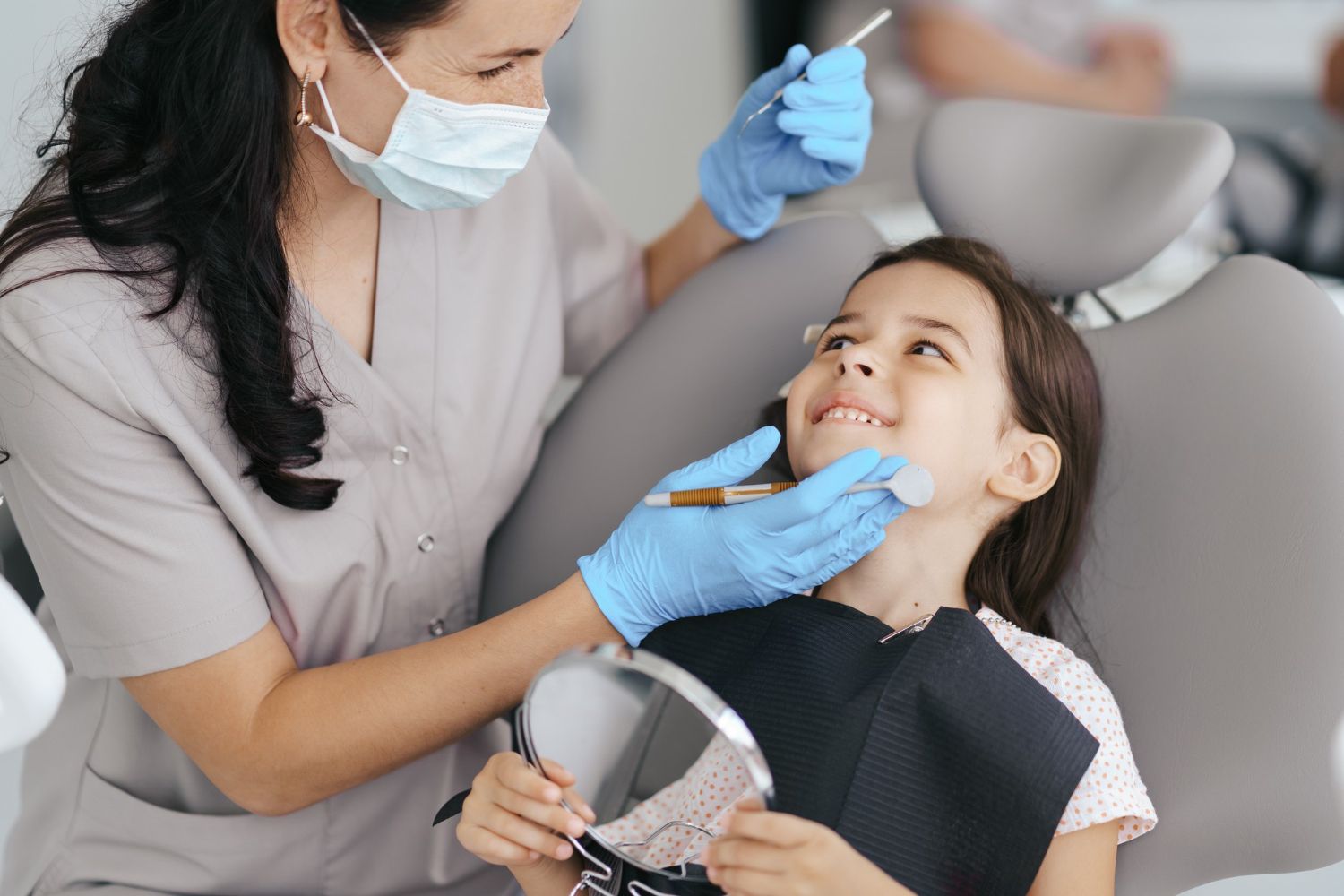
As your child approaches age 7, it's crucial to consider an orthodontic evaluation. This age marks a pivotal point in dental development, where potential alignment issues can start to surface. By identifying these concerns early, you can prevent more complex problems down the road. But what specific issues should you be aware of, and how can early intervention make a difference? Let's explore the significance of timely orthodontic care.
Understanding the Importance of Early Orthodontic Evaluation
Why is early orthodontic evaluation crucial for your child's dental health? Catching potential issues early can make a significant difference in your child's smile.
By age 7, a child's teeth and jaw are developing rapidly, and an orthodontist can identify problems that mightn't be visible to you or your dentist.
Early evaluations allow for proactive treatment, which can prevent more severe issues down the line, potentially reducing the need for extensive procedures later.
You'll also gain insights on your child's growth patterns and how their teeth are aligning.
This early intervention can lead to shorter treatment times and better overall results.
Investing in an evaluation now can set the stage for a healthier, more confident smile in the future.
Common Dental Issues Detected at Age 7
By age 7, several common dental issues can emerge, making it a key time for evaluation. You might notice that your child's teeth are misaligned, leading to crowding or spacing issues.
At this age, early signs of overbite or underbite may also appear, which can affect biting and chewing. Additionally, some children may experience thumb-sucking or tongue-thrusting habits that can impact their dental development.
Early detection of these problems is crucial, as it allows for timely intervention. Addressing these issues now can prevent more severe complications later on, ensuring your child has a healthy smile.
Regular dental check-ups will help identify these concerns and guide you on the best steps to take for your child's oral health.
The Role of the Orthodontist in Early Intervention
Although many parents may not realize it, an orthodontist plays a crucial role in early intervention for your child's dental health.
By assessing your child's bite, alignment, and overall oral development around age 7, the orthodontist can identify potential issues before they worsen. They'll work closely with you to create a personalized treatment plan that addresses any concerns.
This proactive approach can help guide the growth of your child's jaw and teeth, ensuring a healthier smile in the long run. Your orthodontist also acts as an educator, providing valuable insights on oral hygiene and habits that support proper dental growth.
Benefits of Early Orthodontic Treatment
Early orthodontic treatment offers numerous advantages that can greatly benefit your child's dental health. By addressing issues early, like crowding or misalignment, you can prevent more severe problems down the line.
This proactive approach often leads to shorter treatment times and less invasive procedures. You'll also help guide your child's jaw growth, ensuring their teeth come in properly aligned.
Early intervention can improve your child's self-esteem, as a straighter smile often boosts confidence. Plus, starting treatment around age seven allows for monitoring of dental development, enabling timely adjustments as needed.
Investing in early orthodontic care sets the foundation for a healthier, more beautiful smile, making it a worthwhile decision for your child's future dental health.
What to Expect During the Initial Orthodontic Visit
When you take your child for their initial orthodontic visit, you'll find it to be an informative and welcoming experience.
The orthodontist will start by getting to know your child and understand their dental history. During the examination, they'll assess your child's teeth, bite, and jaw alignment.
You can expect X-rays to be taken, allowing the doctor to see what's happening beneath the surface. The orthodontist will discuss any concerns and explain potential treatment options, tailored to your child's needs.
You'll have the opportunity to ask questions, ensuring you leave with a clear understanding of the next steps. This visit sets the foundation for your child's journey towards a healthier smile, all while making them feel comfortable and at ease.
Timing and Phases of Orthodontic Treatment
Understanding the timing and phases of orthodontic treatment is crucial for achieving the best results. Typically, treatment occurs in two main phases.
The first phase, often starting around age 7, focuses on guiding jaw growth and addressing any early issues, like crowding or bite problems. During this phase, your orthodontist may use appliances to create space or correct alignment.
The second phase usually begins once most permanent teeth have erupted, usually during late childhood or early adolescence. This phase often involves braces or aligners to fine-tune tooth positioning and achieve that perfect smile.
Addressing Parental Concerns About Early Treatment
Parents often have valid concerns about starting orthodontic treatment at a young age. You might wonder if it's necessary or if it'll cause discomfort for your child.
Early treatment can actually help identify and address potential issues before they become more serious. By age 7, your child's dental structure is developing, making it an ideal time for evaluation.
You may also worry about the cost and time commitment. Many orthodontists offer flexible payment plans and emphasize that early intervention can save you money in the long run by preventing more complex treatments later.
Conclusion
In conclusion, recognizing age 7 as a milestone for orthodontic evaluation can make a significant difference in your child's dental health. Early treatment not only addresses potential issues but also sets the stage for a healthier, more confident smile. By working closely with an orthodontist, you can ensure your child receives the best care possible. Don't hesitate to schedule that first visit—it's a crucial step toward fostering your child's self-esteem and overall well-being!
